Blog
Craving Loneliness
I crave loneliness at times. But other times, I crave social interaction. And those feelings of craving come from deep within. So what gives? At times I crave chocolate. How are these feelings generated?
Let’s check out this rabbit hole.
First, we don’t know very much about our innate cravings for social interaction or for social isolation. Nor do we understand, with any depth, the health implications of either. But let’s not allow that to stop us from an enjoyable and curious explore.
There have been experiments of folks spending up to 6 months in a cave to try to answer some of the questions raised. (I’ll ignore the obvious one, which is why anybody would want to be a part of such an experiment – unless, of course, they were craving loneliness.)
A review of the science of loneliness concluded that people with a good social network increased their likelihood of survival by 50% from real world extreme isolation.
The pandemic has given us a golden opportunity to use this time to study loneliness in as natural a way as possible. Why are social contacts so crucial to our health?
In a failed experiment, a researcher learned that social isolation in mice resulted in certain neurological changes. The neural connections had gotten stronger!
The researcher changed her focus. She studied the effects in mice when she stimulated these certain neurons. The result, the mice were likely to want to associate with other mice. When these neurons were suppressed, they were less likely to seek the company of other mice. These neurons turned back off after their social cravings were satisfied.
Moving over to humans, humanely, when socially isolated volunteers were shown pictures of social situations, their neurons lit up, just as hungry folks who saw pictures of food lit up these same neurons.
Craving signals are meant to be short-term messages, craving water, food, or social contact. The body expects these cravings to be addressed quickly. Long-term cravings by unmet needs are detrimental to our health.
The National Health Service in England has started directing people to social clubs and activities as part of its public health practices.
The pandemic has given us a large pool of people who could help advance our knowledge in this area of loneliness: Think about all the young people and the elderly, whose cognitive and social skills are developing. How do Zoom calls, visits separated by windows, and extensive use of social media impact our health?
As one researcher concluded, “It could be that most people are fine because maybe social media does fulfill our social needs really well.”
Please give this a bit of a think. What anecdotal evidence have you observed that impacts your understanding of cravings for loneliness and social contact? Why not sit with a coffee and a friend to discuss this further.
I’m curious about your thoughts. Please share your bit of a think below.
My thanks to Wired Magazine for inspiring this Blog.
Photo by Sasha Freemind on Unsplash
If you enjoyed The Blog, please share it with others. Thanks.
And my thanks to St. Albert Seniors Association: 780-459-0433 for making this Blog possible.

Volunteer Blogger



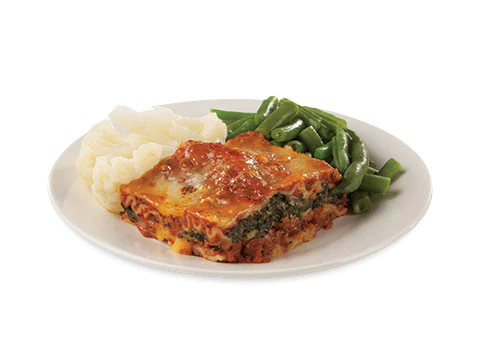
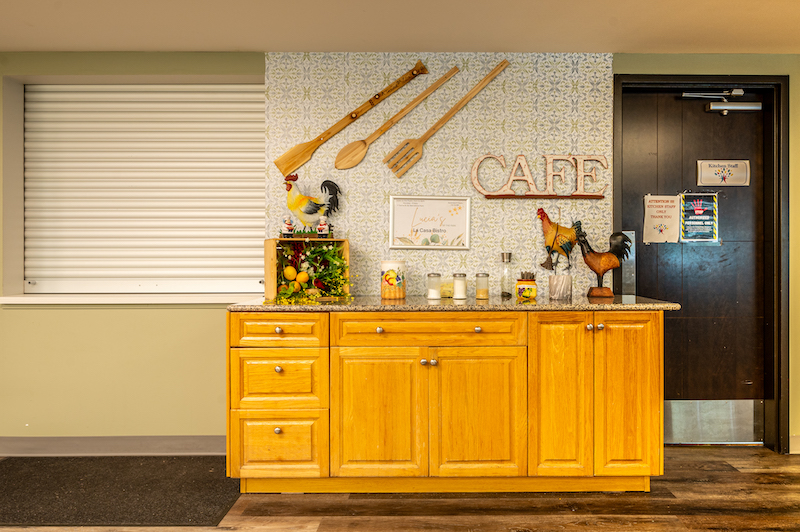

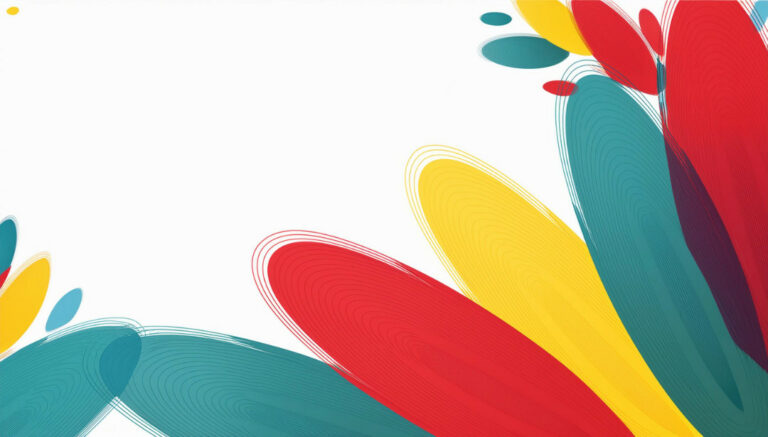
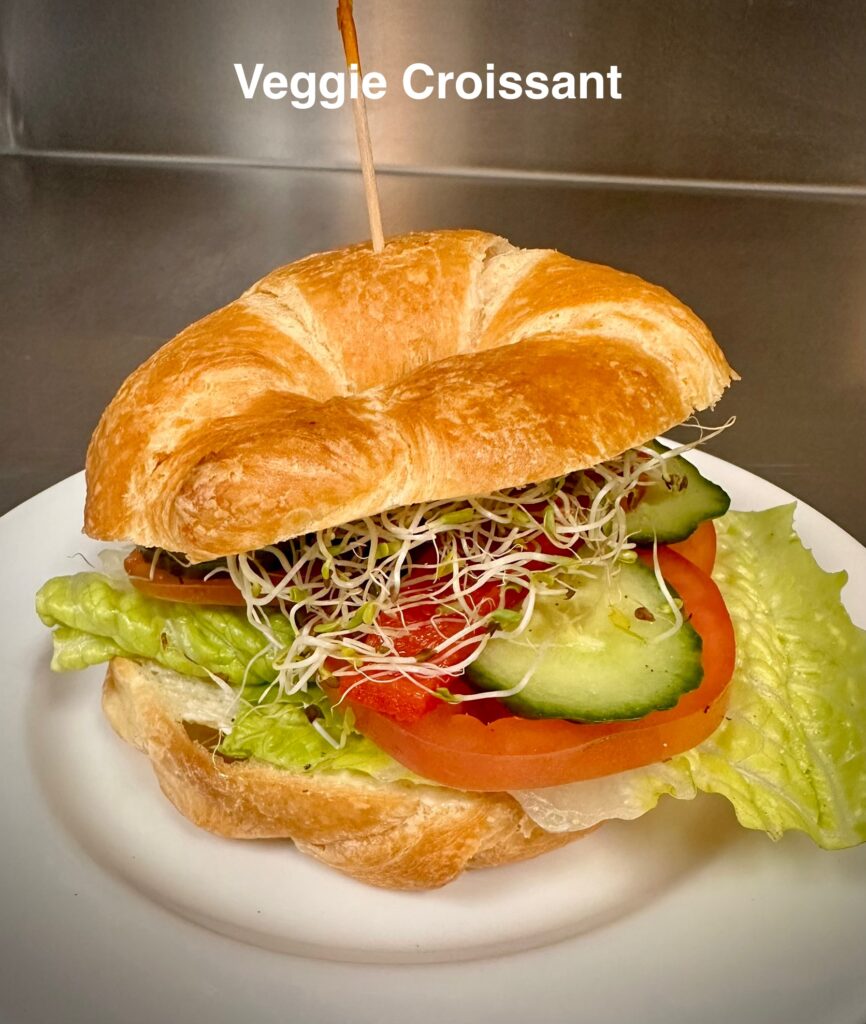
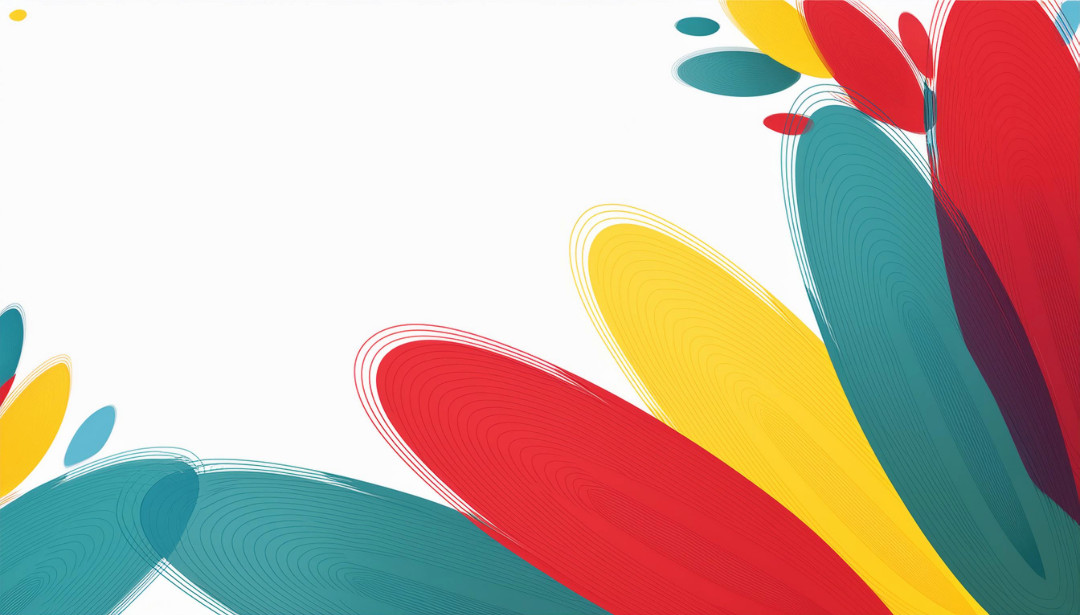
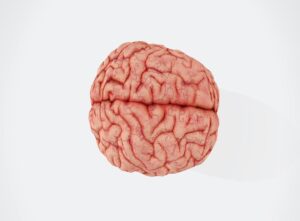
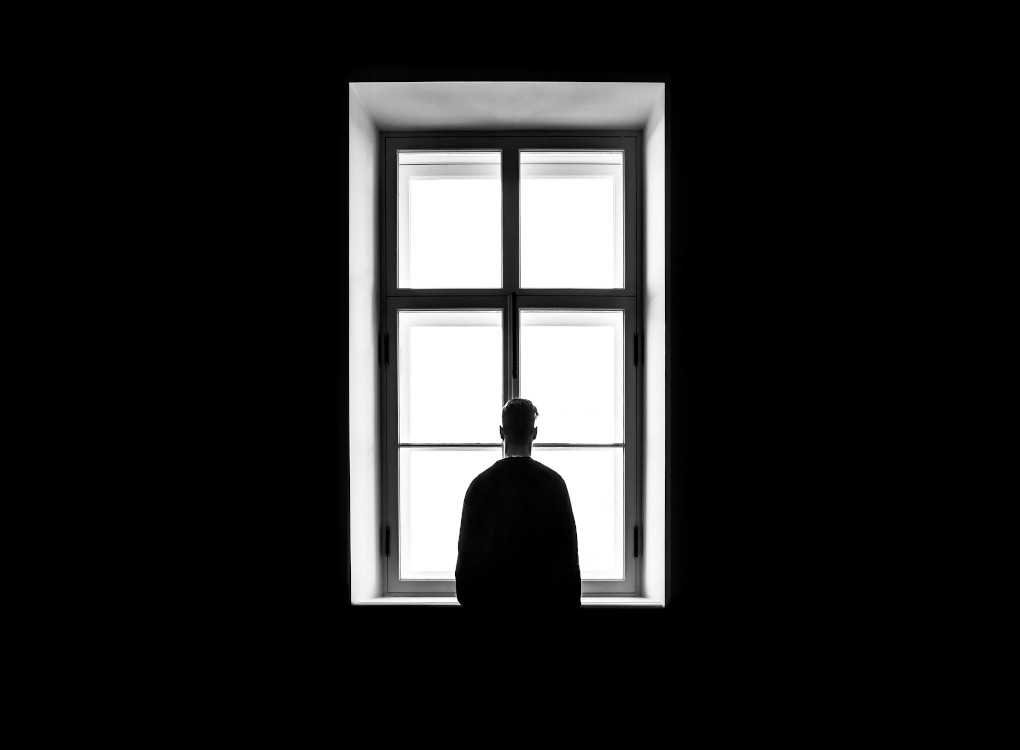
I think the desire to want to be alone is pre-wired in our brain. After a divorce, death of a loved one, illness or job loss we can’t function so we instinctively retreat into ourselves. Perhaps it takes longer for some of us to reach that place in our mind where we are ready to socialize. I don’t think that all people who want to be alone are life long loners. Loners should be treated with kindness, respect and inclusion because it’s possible they have come from a background of either trauma or neglect. Sometimes a loner still feels the stigma of social isolation as a child – called bullying. Sometimes a person who is shy might be considered a loner.
When self analyzing my personal life I can clearly understand why I regard myself as a loner but at the same time I love being around people.
I think that COVID taught many people how to enjoy their own company while social media and zoom meets played a role in keeping people in touch with one another.
There is so much stress, sadness and anxiety in people’s lives these days so greeting each other with a smile might make a difference in someone’s day.
You dug deep into this blog’s bit-of-a-think. Thanks.